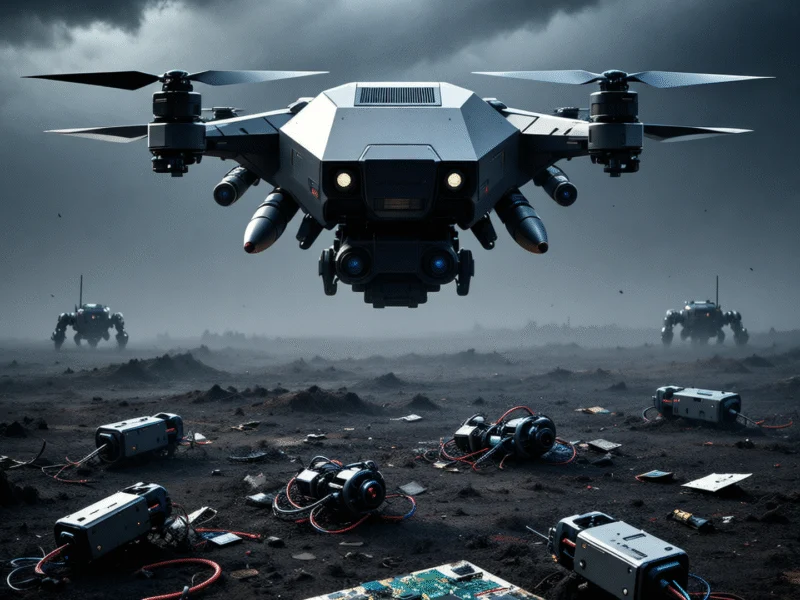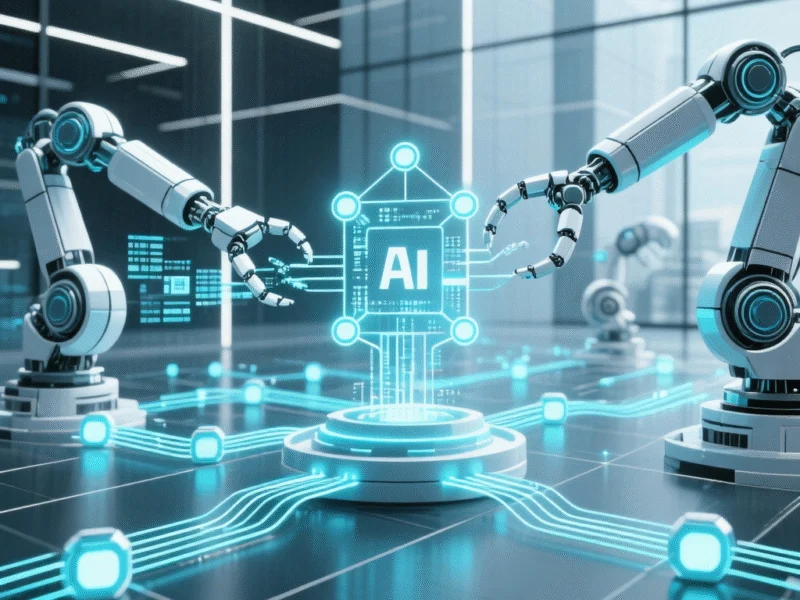As AI transforms military operations worldwide, the debate around autonomous weapons systems intensifies. This examination reveals why focusing solely on AI accountability misses crucial aspects of how these technologies actually function in combat scenarios and who bears ultimate responsibility.
Artificial intelligence weapons represent one of the most contentious developments in modern warfare, raising fundamental questions about accountability, ethics, and the future of armed conflict. While AI weapons systems undoubtedly introduce new complexities to military operations, the prevailing narrative that these technologies cannot be held accountable fundamentally misunderstands both the nature of artificial intelligence and established principles of military responsibility. As nations worldwide accelerate their adoption of military AI applications, understanding the actual relationship between autonomous systems and human accountability becomes increasingly critical for policymakers and the public alike.
The Evolving Landscape of AI in Military Operations







